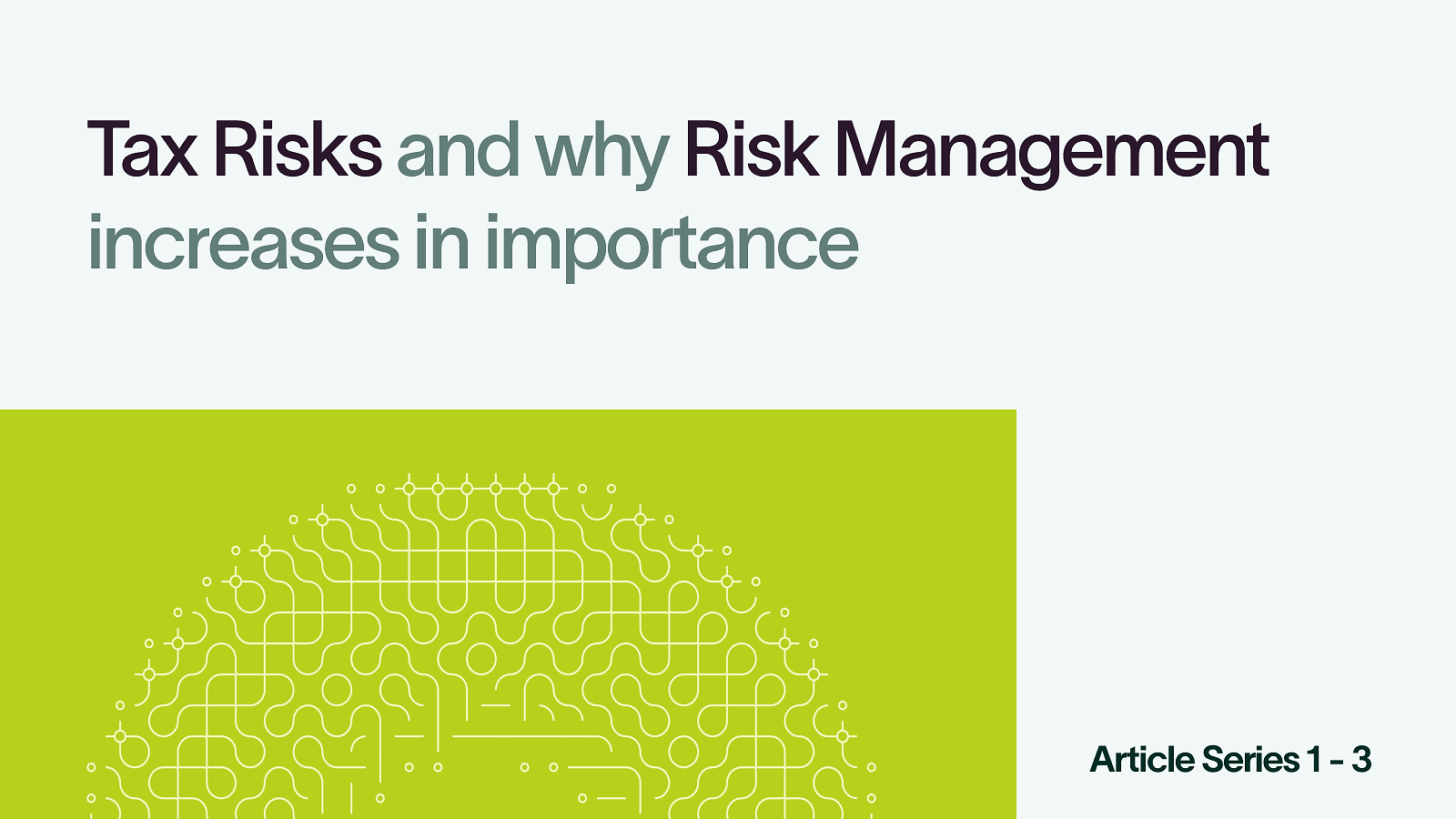Navigating the Complexities: Understanding the Importance of Risk Management
Navigating the Complexities: Understanding the Importance of Risk Management
Blog Article
The Critical Value of Risk Management in Achieving Organizational Goals
In the swiftly developing service landscape, the ability to navigate uncertainty has come to be an essential. This is where Risk Management steps in, supplying an organized strategy to recognizing, assessing, and mitigating potential obstructions to progress. It's more than simply a protective step - it's a strategic device, cultivating strength and technology. As we check out the important role of Risk Management in accomplishing organizational goals, one can not ask yourself but help: exactly how does this translate right into real-world success?
Comprehending the Concept of Risk Management in Business

The Indispensable Duty of Risk Management in Strategic Planning
Integrating Risk Management into critical preparation acts as a safeguard for organizations, anchoring their long-term strategies with a solid foundation of preparedness and strength. It runs as the organization's radar, detecting prospective risks and susceptabilities that can interrupt the path in the direction of accomplishing their specified objectives. Risk Management offers a structure for expecting uncertainties and devising appropriate actions, making certain the company's survival and prosperity also when faced with misfortune. By integrating Risk Management into critical planning, organizations can change these uncertainties into chances for growth and advancement. This strategic interweaving of Risk Management cultivates flexibility, making organizations extra robust and allowing them to browse the ever-changing company landscape with confidence. Risk Management ends up being an indispensable tool in strategic preparation, important in protecting lasting success.

Strategies for Identifying, Assessing, and Focusing On Dangers
The process begins with Risk identification, utilizing devices such as SWOT evaluation, which helps in identifying prospective dangers and opportunities. Next, Risk analysis is performed to ascertain the potential impact and possibility of each Risk. Threats are prioritized based on their potential impact and probability, allowing organizations to focus their resources on critical dangers.
Securing Business Workflow Via Reliable Risk Management
In business landscape laden with uncertainties, efficient Risk Management plays a pivotal role in safeguarding organizational operations. It functions as a safety guard, important source minimizing the negative impacts of possible dangers and ensuring the smooth performance of all processes. By identifying and assessing possible risks, Risk Management allows organizations to establish robust contingency strategies. This preventative method aids in keeping functional stability, also when faced with unexpected circumstances. Essentially, Risk Management is the lifeline that keeps the organizational procedures afloat amidst turbulent waters. It ensures not just the survival however the sustainable development of an organization, making it an important device in accomplishing business purposes. Organizations have to invest in thorough Risk Management strategies to guard their operations.

Transforming Potential Risks to Opportunities: The Power of Risk Management
While potential dangers may originally appear as obstructions to business success, reliable Risk Management can change them right into chances. An aggressive approach to run the risk of Management entails identifying, analyzing, and prioritizing risks to create approaches that transform them right into possible benefits. This procedure necessitates the advancement of a risk-aware society within the organization, encouraging people to view risks as prospective stimulants for modification and development, rather than plain dangers. importance of risk management. With this lens, possible risks come to be chances to innovate, enhance processes, and go to website strengthen resilience. Thus, by leveraging the power of Risk Management, organizations can not only guard their procedures however additionally stimulate growth and accomplish their objectives in an uncertain company setting.
Instance Studies: Success Stories of Risk Management Driving Business Objectives
Effective application of Risk Management strategies has produced impressive results in numerous services, emphasizing the values of this method. Multinational business like Microsoft and Google, as an example, have leveraged Risk Management to minimize threats and exploit possibilities, driving their service objectives onward. Microsoft's proactive Risk Management approach aided it pivot promptly throughout the 2020 pandemic, transitioning to remote job smoothly, therefore maintaining performance. Google, by examining and minimizing potential threats in its cloud-based solutions, has made certain continuous solution, consequently strengthening client depend on. These instances illustrate exactly how successful Go Here Risk Management can not only steer companies free from prospective mistakes however additionally lead them in the direction of their strategic purposes. Thus, Risk Management is integral to the pursuit of business objectives.
Verdict
In verdict, Risk Management is basically critical in attaining business goals. By including Risk Management right into strategic preparation, companies can much better browse unpredictabilities, safeguard operations, and capitalise on possibilities, therefore lining up with lasting objectives.
At its core, Risk Management is the procedure of identifying, evaluating, and addressing possible dangers that might adversely impact an organization's operations or goals. Next, Risk assessment is conducted to determine the potential effect and possibility of each Risk. Risks are focused on based on their potential effect and chance, enabling companies to concentrate their resources on high-priority risks. By identifying and assessing prospective risks, Risk Management makes it possible for organizations to develop robust backup plans. An aggressive method to risk Management involves determining, assessing, and focusing on risks to develop strategies that transform them into prospective advantages.
Report this page